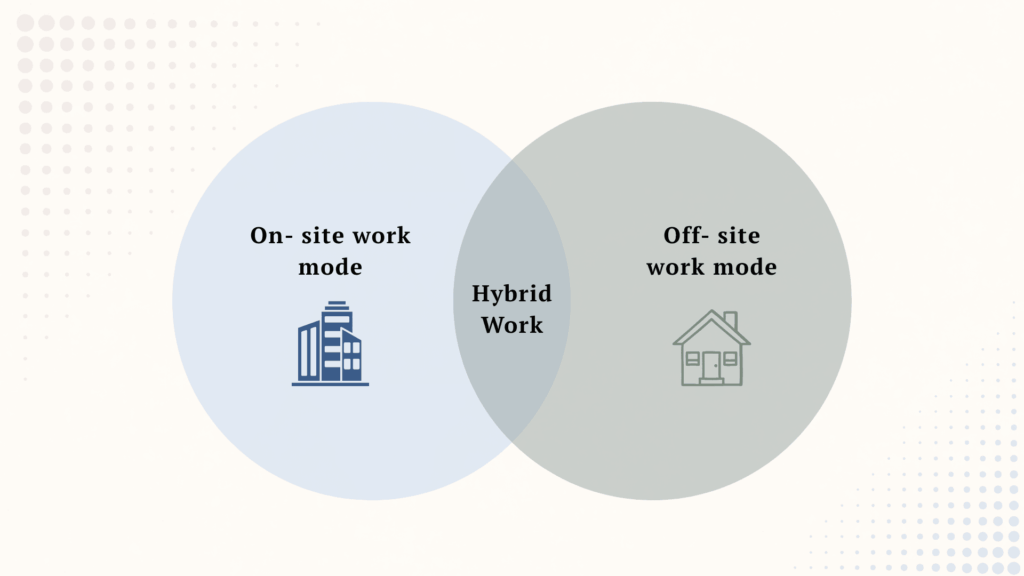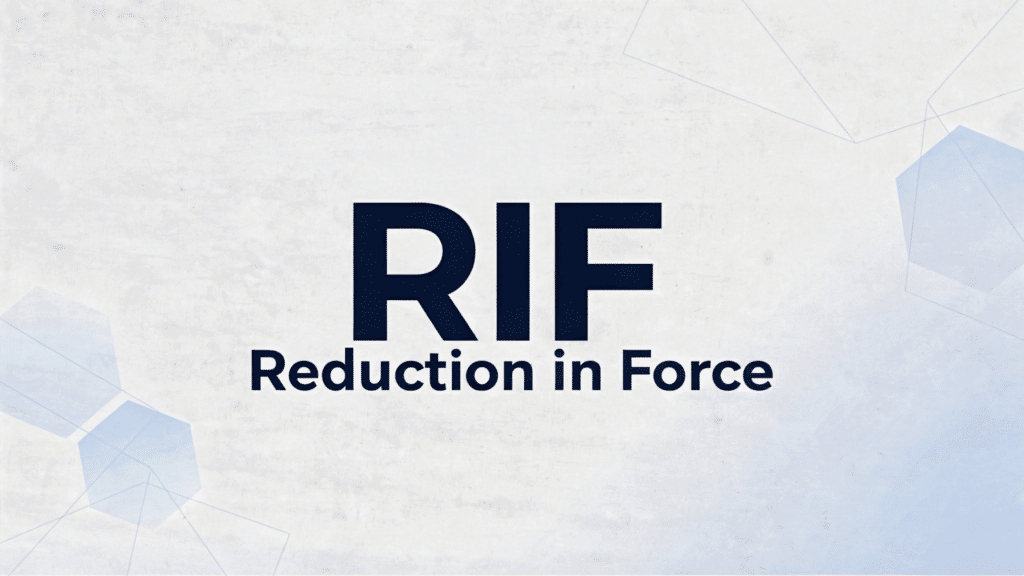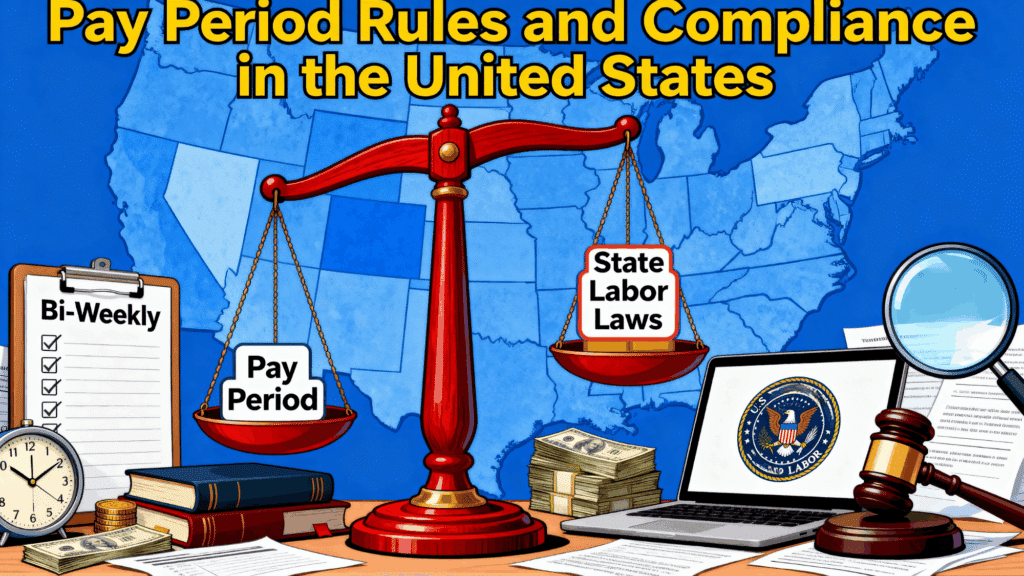Settlement money often comes with confusing tax implications that leave many people unsure about their obligations.
Understanding the tax laws can help you legally minimize what you owe on your settlement funds.
Many recipients don’t realize that certain types of settlements may qualify for tax exemptions or reduced rates.
Knowing how to avoid paying taxes on settlement money through legal strategies can save you thousands of dollars.
This resource will show you the key factors that determine your tax liability and proven methods to reduce your settlement tax burden.
Basics of Settlement Money and Taxes
Settlement money refers to financial compensation received to resolve legal disputes without going to trial.
Common types include personal injury cases, employment disputes, medical malpractice claims, and wrongful termination suits.
Learn how unpaid wage settlements are typically valued.
The IRS treats different settlement types differently for tax purposes under IRC Section 104.
Do You Have to Pay Taxes on a Settlement?
The answer depends on what the settlement compensates you for.
Settlements for physical injuries are typically tax-free.
However, punitive damages, interest on awards, and compensation for emotional distress may be taxable.
Lost wages settlements usually count as taxable income since they replace income you would have paid taxes on normally.
Understand how front pay affects settlement taxation
Before asking, consider that you have to pay taxes on a settlement; each case has unique circumstances that affect tax liability.
Key Factors That Determine if Your Settlement is Taxable
The nature of your lawsuit plays the biggest role in determining tax obligations.
| Settlement Type | Tax Status | Why |
|---|---|---|
| Physical injury compensation | Tax free | IRS excludes personal injury damages |
| Medical expenses (injury-related) | Tax free | Part of the physical injury exclusion |
| Pain and suffering (physical) | Tax free | Covered under injury exemption |
| Punitive damages | Taxable | Considered punishment, not compensation |
| Emotional distress (no physical injury) | Taxable | Not covered by injury exclusion |
| Lost wages (injury-related) | Tax free | Part of the physical injury settlement |
| Lost wages (non-injury) | Taxable | Replaces taxable income |
| Interest on settlement | Taxable | Always considered taxable income |
| Attorney fees | Varies | Depends on case type and structure |
See how harassment settlement payouts are typically structured.
How to Avoid Paying Taxes on Settlement Money Legally?
Several proven strategies on how to avoid paying taxes on settlement money can help reduce your tax burden on settlement payments.
- Choose a Structured Settlement: Receiving payments over time helps manage income levels and can lower overall taxable settlement amounts.
- Differentiate Physical and Non-Physical Damages: Clearly define each category in the agreement to ensure only taxable portions are properly reported.
- Allocate Punitive Damages Carefully: Specify compensatory and punitive amounts accurately to prevent higher taxation on your settlement proceeds.
- Maintain Comprehensive Medical Records: Keep medical documentation organized to support claims for tax-free physical injury compensation when filing.
- Plan the Timing of Your Settlement: Distribute payments across different tax years strategically to help reduce your total taxable income
Maximize Your Settlement Benefits
Professional guidance is essential for complex settlement tax situations.
The table below provides with tax professionals and how they can help you with your settlements.
| Professional Type | What They Do | Best For |
|---|---|---|
| Settlement Tax Advisor | Identify tax-saving opportunities and IRS exemptions | Complex settlement structures |
| Settlement Attorney | Structure agreements to minimize tax obligations | Legal document preparation |
| Certified Public Accountant | Ongoing tax planning and compliance support | Annual tax filing and deductions |
Finding the Right Professional

Key factors to consider when selecting a professional to handle settlements effectively and ensure favorable outcomes:
- Experience: Look for settlement experience over general practice to ensure strong knowledge of settlement tax laws and consistent successful outcomes.
- Track record: Ask about previous similar cases to confirm the professional’s capability, reliability, and history of achieving favorable settlement results.
- Referrals: Get recommendations from bar associations to verify credentials, professional background, and ensure the expert is trustworthy and properly qualified.
- Interviews: Speak with multiple candidates to compare communication skills, expertise, and determine who best aligns with your settlement needs.
- Fees: Discuss fees upfront to plan your expenses clearly, avoid misunderstandings, and maintain transparency throughout the settlement process.
Common Settlement Tax Mistakes to Avoid
There exist potential pitfalls that can save you thousands in unnecessary taxes and penalties.
- Failing to separate damages properly in your settlement agreement can result in higher tax liability. Always work with your attorney to clearly distinguish between compensatory and punitive awards.
- Not keeping proper documentation of medical expenses and injury-related costs can prevent you from claiming legitimate tax exemptions later.
- Missing estimated tax payment deadlines for large taxable settlements can trigger penalties and interest charges from the IRS.
- Assuming all settlements are tax-free without consulting professionals can lead to underpayment penalties when tax time arrives.
- Ignoring state tax implications, even when federal taxes don’t apply, can result in unexpected state tax bills in certain jurisdictions.
- Not planning for future tax years when receiving structured settlements can cause budget problems if tax rates change over time.
For more insights on employment laws, compensation rights, and tax regulations, visit our legal framework section for in-depth resources.
Conclusion
Being aware of settlement tax implications can save you significant money on your financial recovery.
Physical injury settlements offer the best tax advantages, while punitive damages face higher tax burdens.
Structured settlements and proper documentation help minimize your overall tax liability.
Working with experienced tax professionals ensures you maximize every available benefit.
Take action today to review your settlement options and consult qualified experts for personalized advice.
Many people wonder if you have to pay taxes on a settlement, but the answer varies greatly depending on your specific situation and the type of damages involved.
Share your thoughts or questions about settlement taxes in the comments to help others benefit.
Frequently Asked Questions
Do I Have to Report Settlement Money to the IRS?
Yes, settlement money is generally taxable income that must be reported to the IRS, though some exceptions may apply, and the type of claim or damages received can affect its taxability.
Will I Get a 1099 for a Lawsuit Settlement?
Yes, you may receive a 1099 for a lawsuit settlement if the payment includes taxable compensation, such as lost wages or punitive damages, while personal injury or physical injury awards are generally excluded.
What Is The Penalty for Not Filing a 1099?
Failing to file a 1099 by the deadline can result in penalties from sixty to three hundred thirty dollars per form, with intentional disregard leading to a minimum penalty of six hundred sixty dollars per form.
What Is The Plaintiff Double Tax Trap?
The plaintiff double tax trap occurs when a plaintiff must pay taxes on the full settlement amount including attorney fees, even though only the net after fees is actually received by them.










